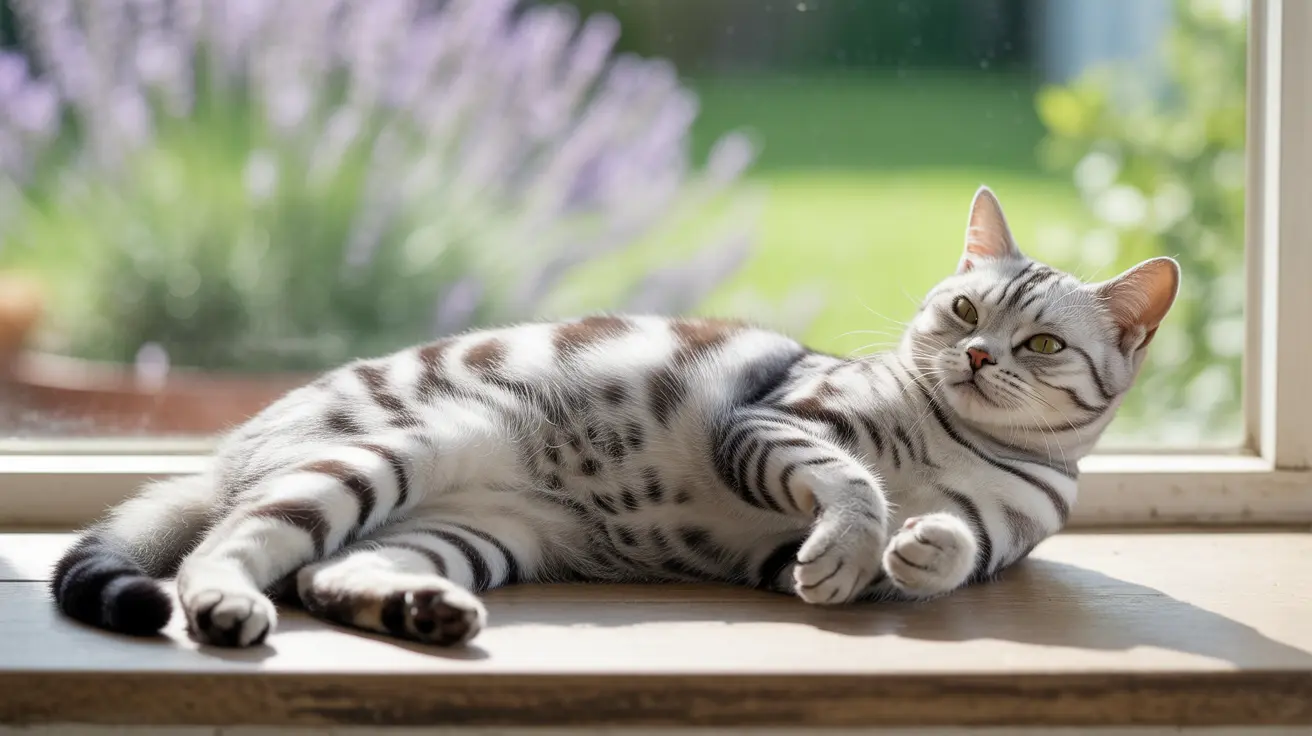The age-old debate between cat and dog lovers has raged for generations, but there are numerous compelling reasons why cats often edge out their canine counterparts as ideal pets. From their independent nature to their cost-effective care requirements, cats offer unique advantages that make them particularly well-suited for modern lifestyles.
In this comprehensive guide, we'll explore the various ways cats prove themselves to be exceptional companions, especially for busy professionals, apartment dwellers, and those seeking a low-maintenance yet rewarding pet relationship.
The Independence Factor: A Major Advantage
One of the most significant benefits of cat ownership is their remarkable independence. Unlike dogs, cats don't require constant attention or supervision. They're perfectly content entertaining themselves with toys, window watching, or simply finding cozy spots for their legendary cat naps.
This self-sufficiency makes cats ideal companions for busy professionals or those who work long hours. They won't suffer from separation anxiety like many dogs do, and they don't need someone to come home during the day for walks or bathroom breaks.
Space and Lifestyle Compatibility
Cats excel in adapting to various living situations, particularly in smaller spaces. Their compact size and natural inclination for vertical territory make them perfect for apartment living. Unlike dogs, cats don't need a yard or regular outdoor exercise to maintain their physical and mental well-being.
Their quiet nature also makes them ideal neighbors in multi-unit buildings. You won't receive noise complaints about excessive barking or howling, as cats typically communicate through soft meows and purrs.
Cost-Effective Pet Ownership
The financial aspects of pet ownership significantly favor cats. They consume less food than most dogs, require fewer accessories, and generally incur lower veterinary costs. Indoor cats, in particular, tend to have fewer health issues and parasites compared to dogs.
Additional savings come from not needing professional grooming services, dog walkers, or boarding facilities during vacations. Cats can typically be left alone for a day or two with adequate food, water, and a clean litter box.
Natural Cleanliness and Hygiene
Cats are meticulous self-groomers, spending up to 50% of their waking hours maintaining their cleanliness. This natural behavior means less work for owners and fewer odors in the home. Additionally, their instinctive litter box use makes waste management more convenient than taking dogs out multiple times daily.
Health Benefits for Owners
Research has shown that living with cats can provide significant health benefits. The sound frequency of a cat's purr (20-140 Hz) has been linked to improved bone density and faster healing. Studies have also demonstrated that cat owners often experience lower stress levels and decreased risk of cardiovascular disease.
Frequently Asked Questions
Are cats really lower maintenance than dogs, and what does that mean for busy pet owners?
Yes, cats are genuinely lower maintenance than dogs. They don't require walks, can use a litter box independently, and are comfortable being alone for longer periods. This makes them ideal for busy professionals who may work long hours or travel frequently.
How do cats' independent behaviors affect their need for attention and training compared to dogs?
Cats require minimal formal training and naturally understand litter box use. While they enjoy interaction, they don't demand constant attention like dogs do. This independence means they can entertain themselves and don't develop separation anxiety as readily as dogs.
What are the most significant cost differences between owning a cat and owning a dog, from food to veterinary care?
Cats typically cost less than dogs in several areas: they eat less food, require fewer veterinary visits, don't need professional grooming, and don't require expenses like dog walkers or training classes. The annual cost of cat ownership can be 50% less than that of a dog.
Why are cats often recommended for apartment living, and how do their space and noise needs compare to dogs?
Cats are ideal for apartments because they don't need outdoor space for exercise, are naturally quiet, and can utilize vertical space through climbing and perching. Their smaller size and lower activity requirements make them perfect for compact living spaces.
Can owning a cat actually reduce stress or improve mental health as much as owning a dog?
Yes, cat ownership has been scientifically proven to reduce stress and anxiety. The act of petting a cat releases oxytocin and lowers cortisol levels. While dogs also provide these benefits, cats offer them without the added stress of demanding care requirements.
Conclusion
While both cats and dogs make wonderful pets, cats offer unique advantages that make them particularly well-suited to modern lifestyles. Their independence, low maintenance requirements, and cost-effective care needs make them ideal companions for many people. Whether you're considering your first pet or weighing the benefits of different animal companions, cats prove themselves to be exceptional choices for a wide range of living situations and lifestyles.






